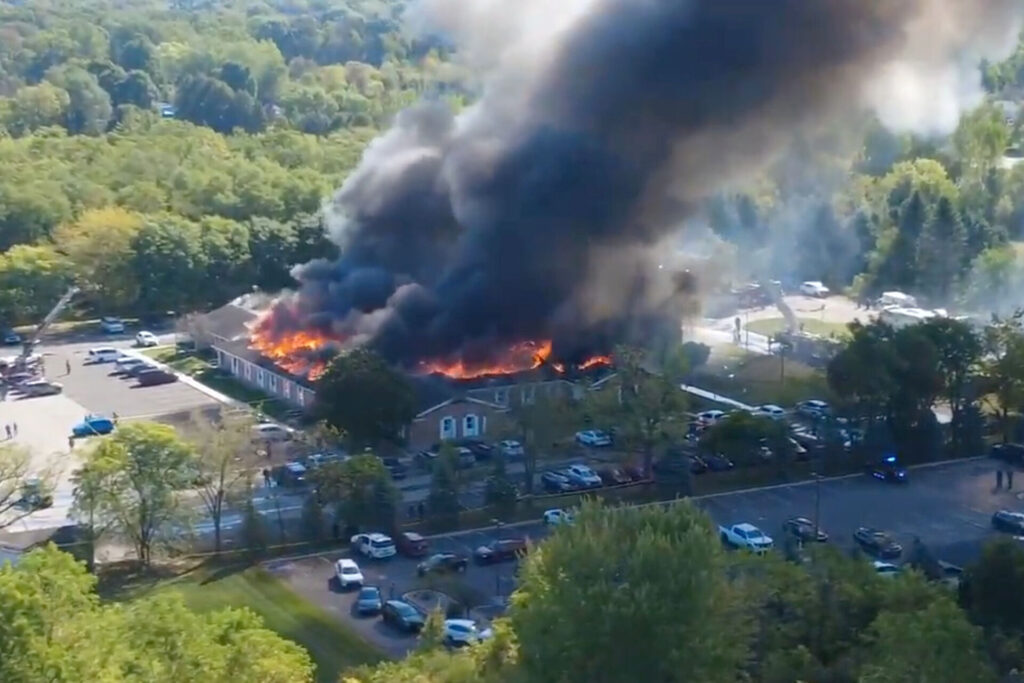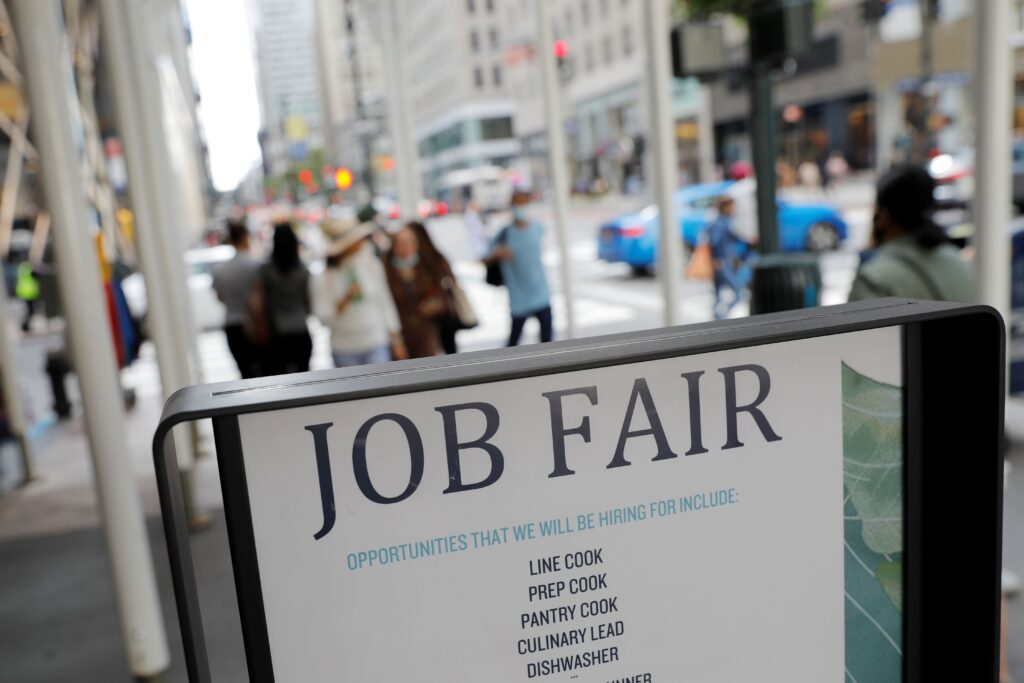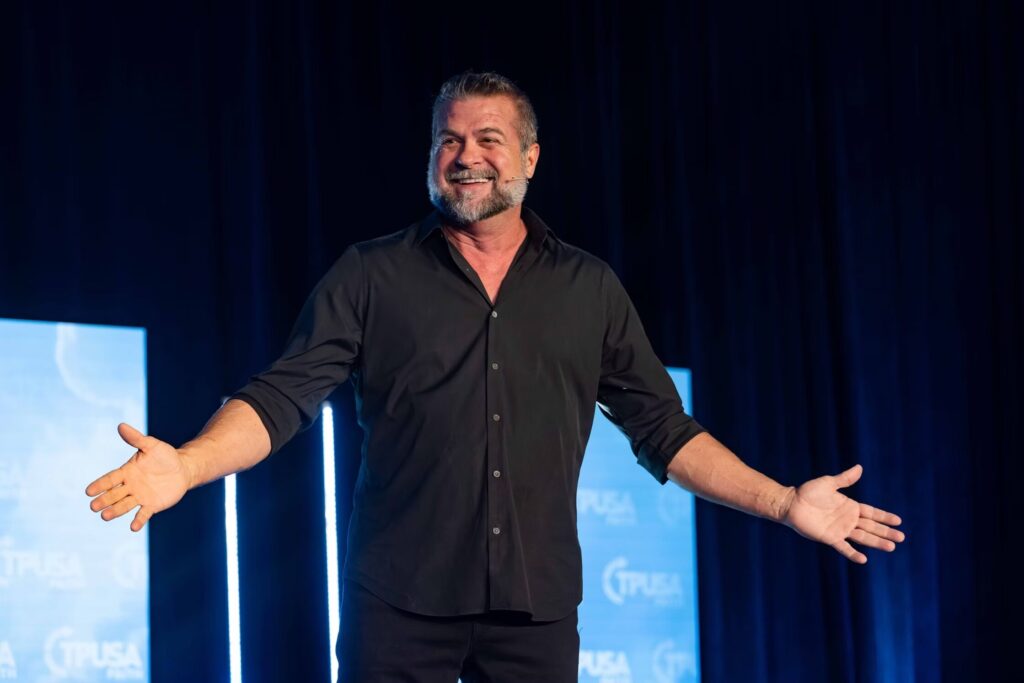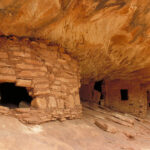The Colorado Springs Gazette: American Library Assoc. strikes Wilder from award
America is, undoubtedly, fraught with a troubled past, one that often hurts to look back on and ponder. But it also has a rich history, and we in the 21st century have the privilege of looking back to see what went right or wrong, what worked, and what didn’t.
That means looking at the bad stuff, too. You can’t sugarcoat history and expect to learn anything useful from it.
Try telling that to the ALSC.
The American Library Services to Children – part of the American Library Association – recently stripped the Laura Ingalls Wilder Award of the famed children’s author’s name. Why? Because of “dated cultural attitudes towards indigenous people and people of color” in some of Wilder’s most prominent works.
On the matter of indigenous people, Wilder’s works do call for pondering. They also fearlessly and unapologetically detail every nuance and complexity in the attitudes of white settlers in the late 19th century toward Native Americans whom they encountered on their journeys west. Ma, Wilder’s mother as depicted in Little House on the Prairie, has no love for the natives, and neither do the Scotts, a family of fellow settlers. Pa, on the other hand, goes on record saying “Indians would be as peaceable as anybody else if they were let alone,” and young Wilder is depicted with the innocent inquisitiveness of a child who sees the natives as only people, and nothing less.
On the matter of people of color, few such people appear in Wilder’s works. There are, however, a few instances that are obviously cringeworthy. Then there’s Dr. Tan.
Dr. Tan is Little House on the Prairie’s sole Negro character, described as being “so very black.” He smiles, and issues “a rolling jolly laugh.” So jovial is his company that the whole family wants him to stay as long as possible.
Just like when dealing with Native Americans, Wilder is unapologetic and unafraid when describing the post-Civil War attitudes of whites towards blacks. As such, she offers an invaluable look into history.
Writing tales that were well ahead of their time, Wilder is hailed as a founding member of American children’s literature. Her works have been cornerstones in libraries and schools for decades and have taught generations of children, touching hearts both young and old, fostering long-lasting curiosity about history. They’re noncomplacent, they’re rough, and they’re real. Apparently, the ALSC feels they and their author are not inclusive enough and have become obsolete.
This attitude towards Wilder, and the striking of her name from the award of which she was the first recipient, ought to be considered a tragedy, as it represents the demotion of one of America’s greatest contributor to children’s literature.
Mark Twain has also been treated with such disdain in the recent past, as have Shakespeare and Hemingway, all considered brilliant authors, their works once counted as timeless. In this rising era of sensitivity, no one is safe from ridicule, and invaluable pieces of history are purged from the public for the sake of coddling the American youths. Let us hope this trend reverses before further damage is done.













